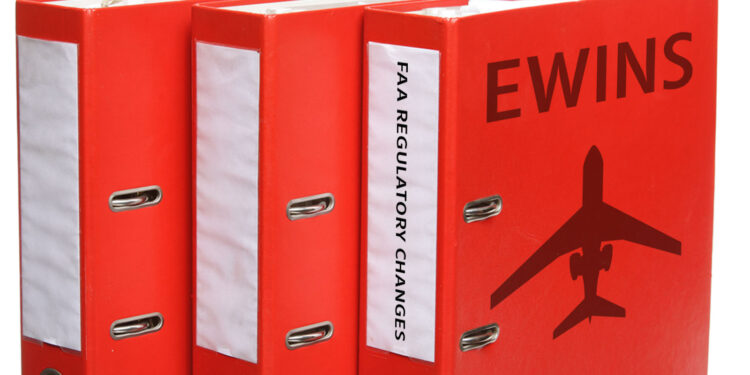FAA Regulatory Changes for Part 135, 91K and 121 Weather Services

Regulatory changes are impacting operator options in terms of obtaining weather data and forecasts – at least in the realm of Part 135, 91K and 121 operations with N-registered aircraft. Operators in these categories must either use government sources or repackaged government weather data and forecasts or take specific steps to approve use of 3rd-party providers offering tailored weather data and forecasts. Below is an overview of what you should know:
1. Federal Aviation Administration regulatory changes have gone into effect
The Federal Aviation Administration (FAA) has published a change to volume 3, chapter 26, section 2 of the FAA Order 8900.1 Flight Standards Information Management System. Section 2 outlines Regulatory Sources of Aviation Weather and Aviation Weather Information Systems. Part 91K and 135 operations have to adhere to new Operation Specifications (Ops Specs) Standards concerning where they receive weather from, and how to gain approval/authorization in Section A010 Weather Information of your Ops Specs. This change mandates that operators either obtain weather from government sources or request and obtain specific approval to use non-government weather information sources. Only certain weather sources are approved Part 135 and 91K must use a source approved by the National Weather Service or a source approved by the FAA administrator. Automatically approved weather sources include North Atlantic Treaty Organization (NATO) military observations, any meteorological office operated by either International Civil Aviation Organization (ICAO) member states or members of the World Meteorological Organization (WMO). To use a Commercial Weather Information Provider (CWIP), you must set up an Enhanced Weather Information System (EWINS) at your location or be approved by AFS 200.
Part 135 and 121 operators are not required to list a CWIP if only purely repackaged weather information is being provided. In that case, the operator must verify that the weather provided is simply repackaged government source weather and forecasts. Also, keep in mind that even if the above is approved, the CWIP must verify that it’s obtaining original data from an approved weather source, such as the National Weather Service.
2. These regulatory changes do not impact all operators
They only affect Part 135, 91K and 121 operations of N-registered aircraft.
3. Approval is needed to use tailored/customized commercial weather forecasts
Some CWIPs create their own METARs, Terminal Aerodrome Forecasts (TAFs) and weather charts, etc. Approval is necessary for creation of TAFs and weather charts. In order to have your CWIP create forecasts for TAFs and weather charts, approval must be obtained, and that must be added to the Ops Specs of the flight department. The time needed to process completion of such steps depends on each Flight Standards District Office (FSDO).
4. Know your best weather options
Using a CWIP that creates their own TAFs and weather charts and provides meteorologist consultations provides added value service for operators. Such additional services go well beyond just providing repackaged government source weather data and forecasts. A more customized/tailored approach to weather and weather forecasts is particularly important for operators traveling to airports that don’t have TAFs. Also, as many government weather sources are not up and running 24 hours, you may not have access to TAF updates at certain locations during certain hours.
5. Commercial weather providers offer many advantages
Obtaining consultations from meteorologists with experience in the field allows crew to obtain a better picture for the weather they’ll encounter en route and at destinations. This allows crew to make more informed decisions as to whether to proceed or not.
Conclusion
It’s best to speak with your Principal Operations Inspector (POI) to gain more clarity on how to proceed with regulatory changes that are now taking effect in terms of approved weather sources and services. If your POI requires certain information, ensure that you obtain it from your CWIP.
Questions?
If you have any questions about this article or need assistance complying with these new regulations, contact me at markchristensen@univ-wea.com.




